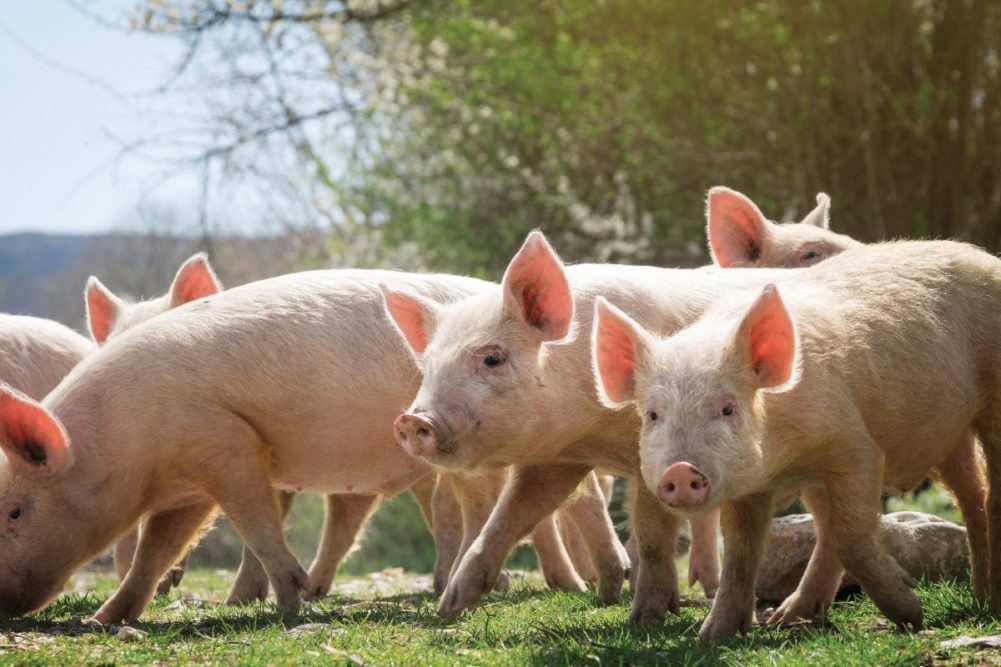DES MOINES, IOWA — The National Pork Board (NPB) recently announced that a grant for pork producers would be expanded, which was part of the USDA’s Partnership for Climate Smart Commodities program.
The original push was in Iowa, Minnesota and Missouri, but it’s now been extended into Illinois, Indiana, Kansas, Kentucky, Michigan, Nebraska, Ohio, South Dakota and Wisconsin.
“NPB continually works to build industry partnerships and programs, like this one, that offer cost-share opportunities to benefit pork producers,” the trade association noted. “This expansion opens new opportunities for producers to receive financial and technical support for adopting climate-smart practices.”
Eligible producers in all 12 states can look for grants for cover crops that would improve soil health, reduce erosion, and increase carbon sequestration by planting cover crops during non-growing seasons.
The grant can also help combine livestock management with cover cropping to enhance nutrient recycling and soil fertility.
Conservation tilling was also on the list to reduce soil disturbance with reduced tillage or no-till practices, which can help preserve soil structure and moisture.
Manure management continues to remain an important area for producers as they look to use manure in nutrient application plans efficiently. Farms are also looking to establish perennial grass buffers that could reduce sediment and nutrient loss while protecting local waterways.
Lastly, the program could help fund energy-efficient options like LED lighting and heat mats to reduce overall energy use.
NPB noted that the program would be a natural fit with the pork industry as it aligns with the We Care commitment of pig farmers 16 years ago.
“With multiple climate-smart grants available across these states, understanding the various options can be complex,” NPB added. “To help navigate this process, NPB’s trusted grant partner Eocene Environmental Group will help producers understand which practices they can earn financial incentives for, helping them choose the right grant opportunities and match them with expert guidance on adopting new practices.”


